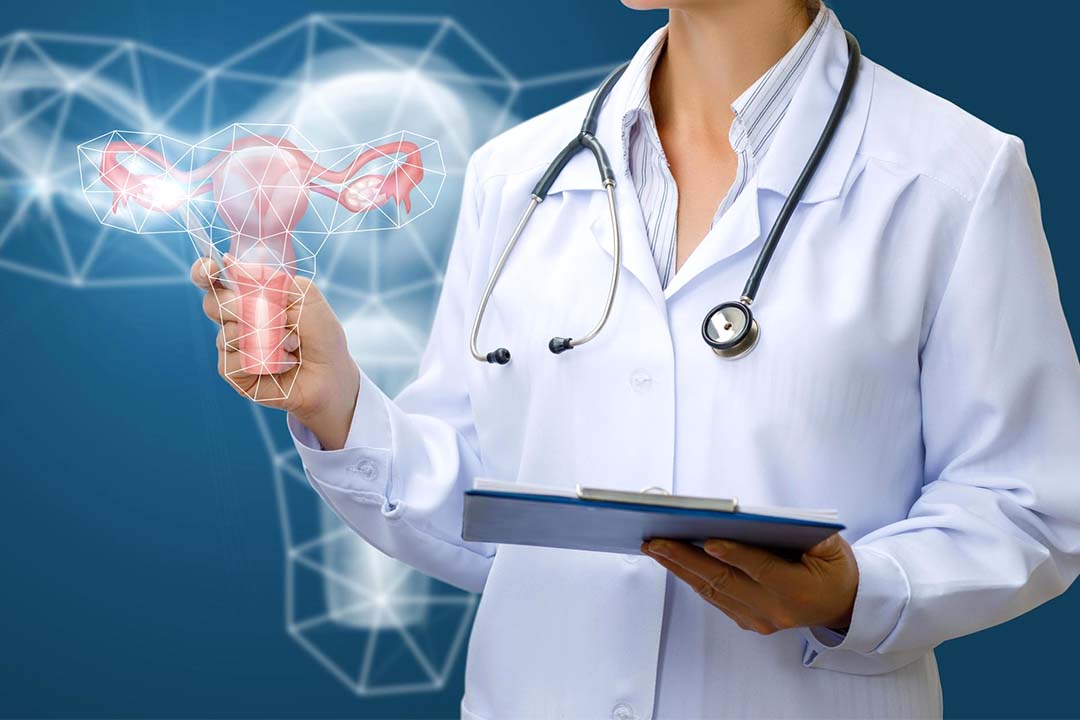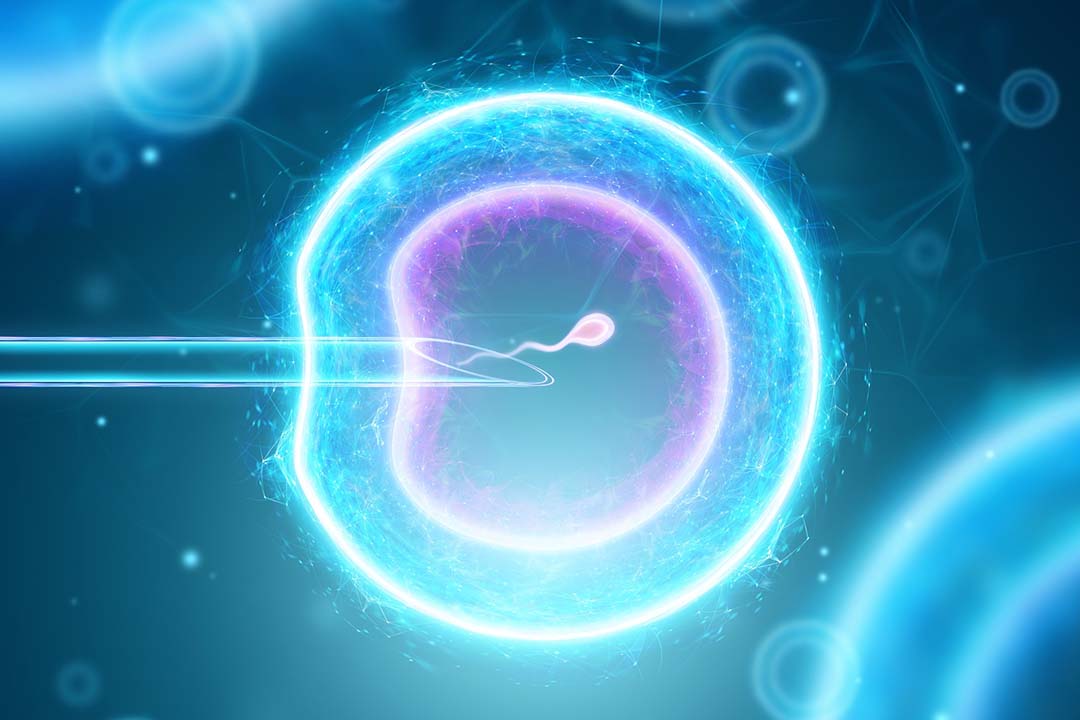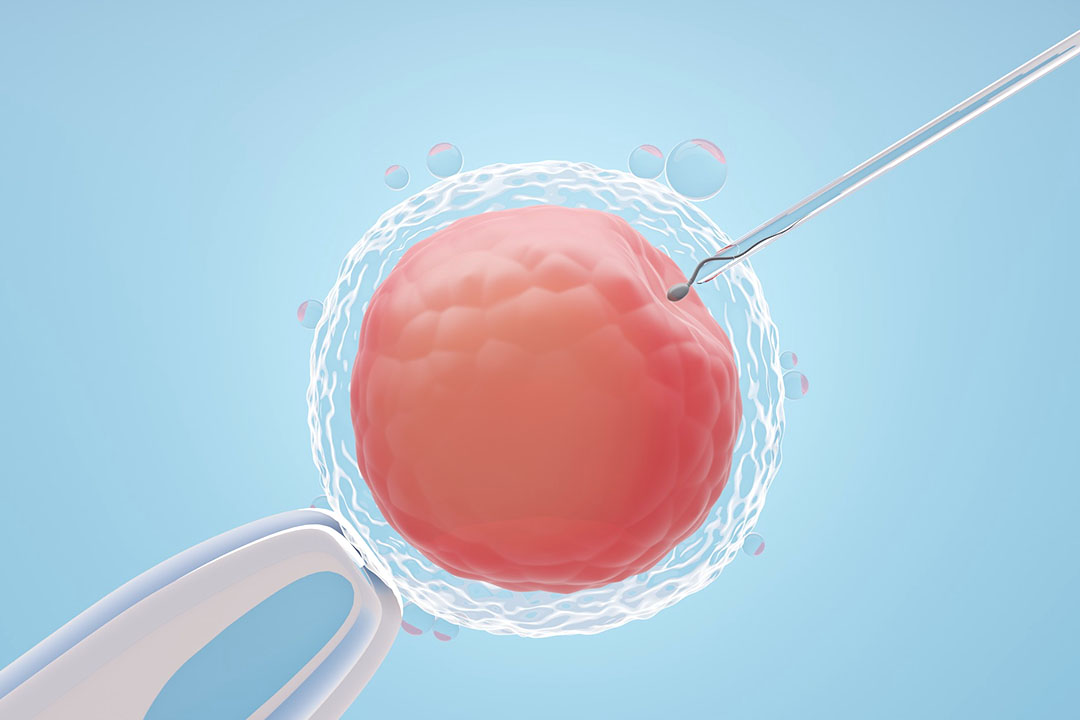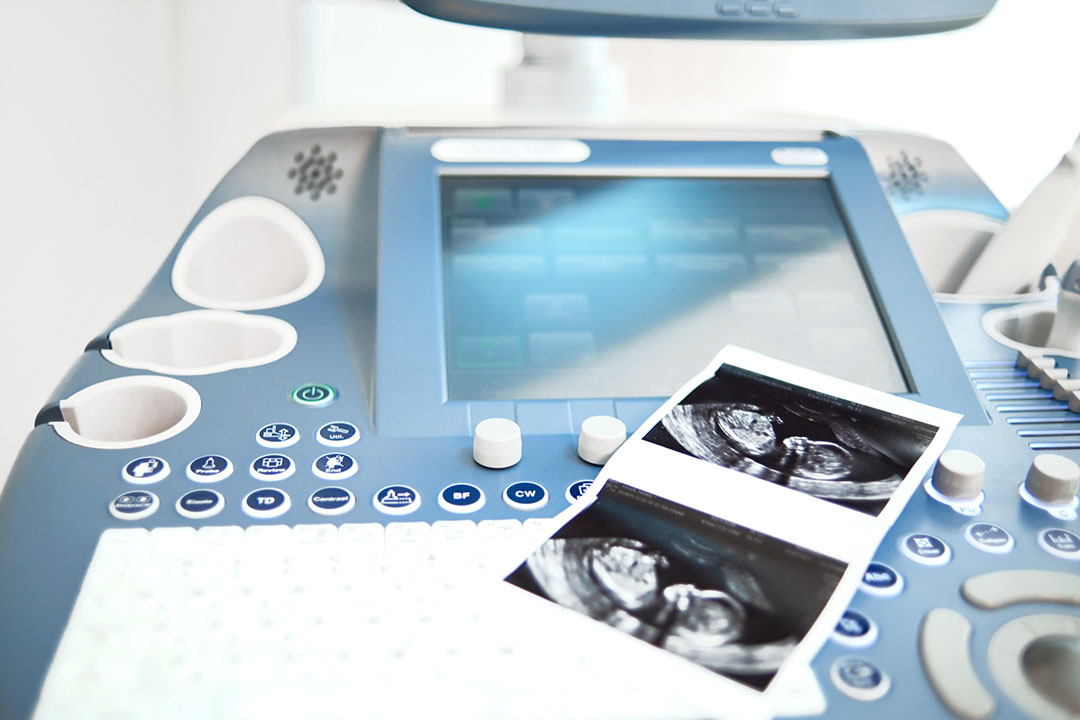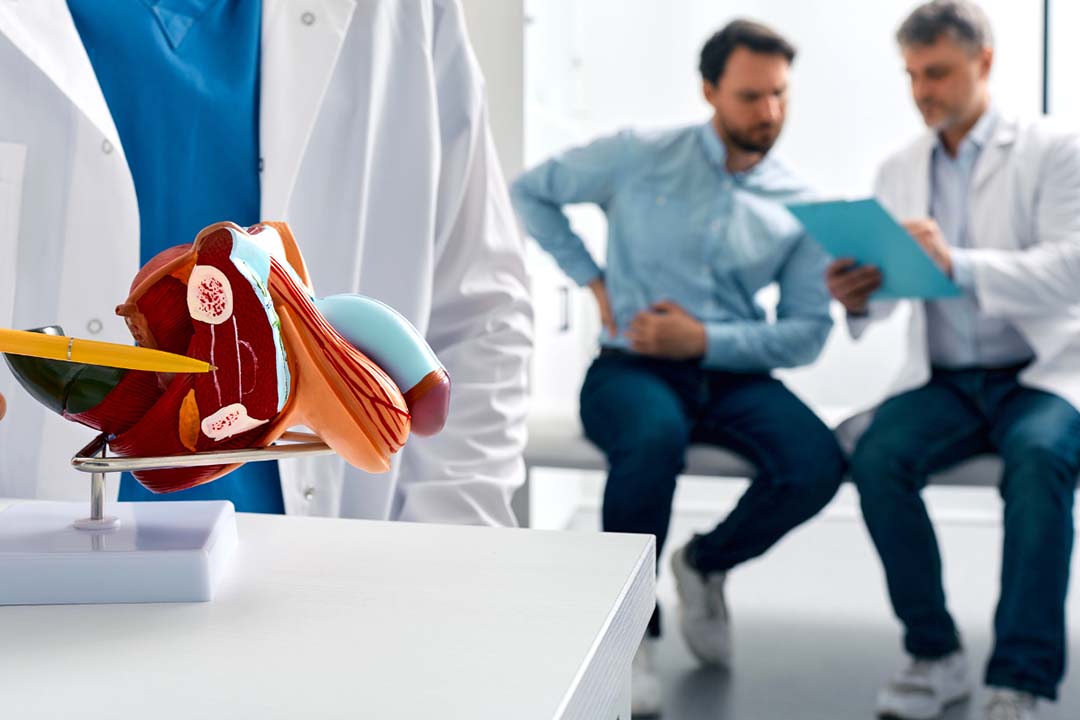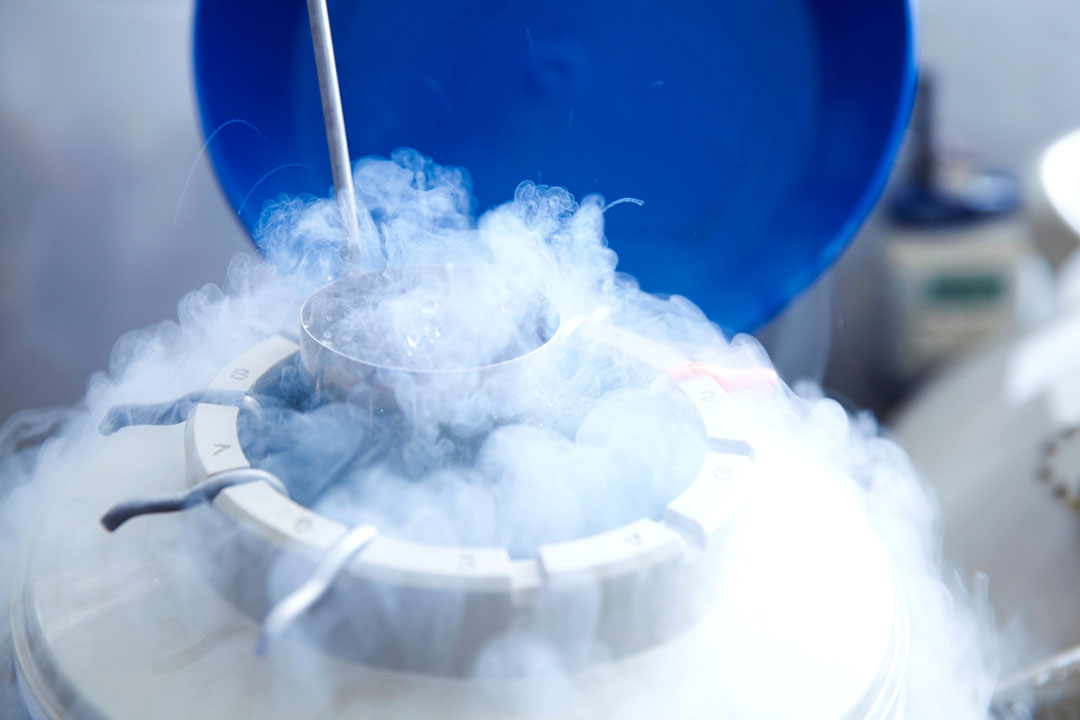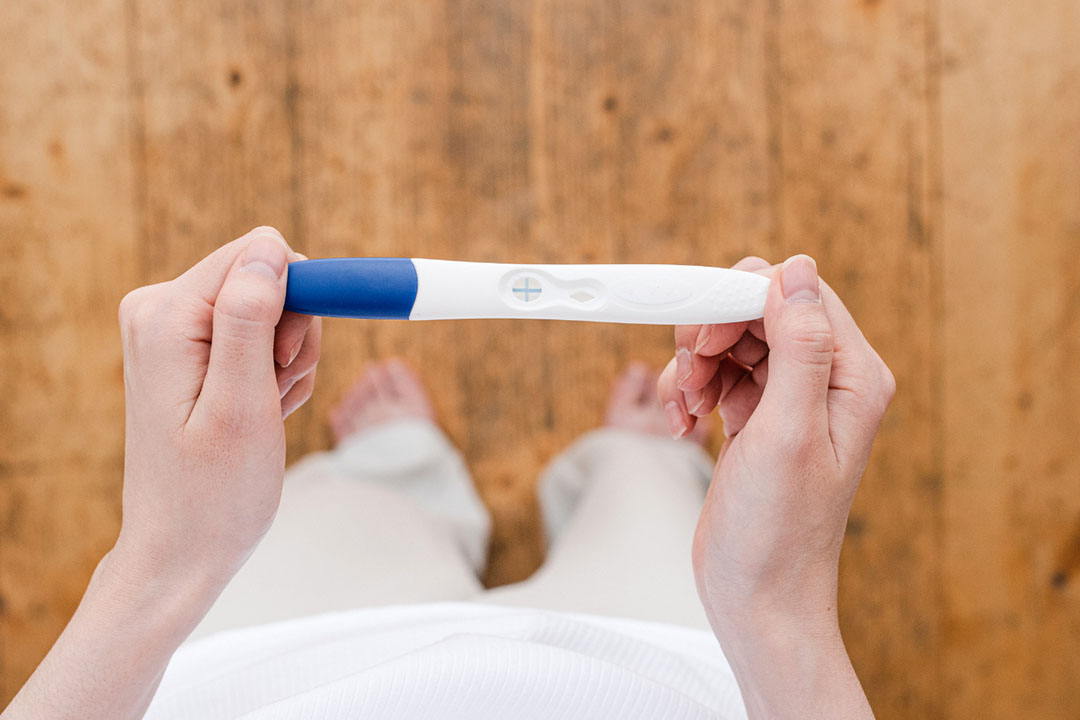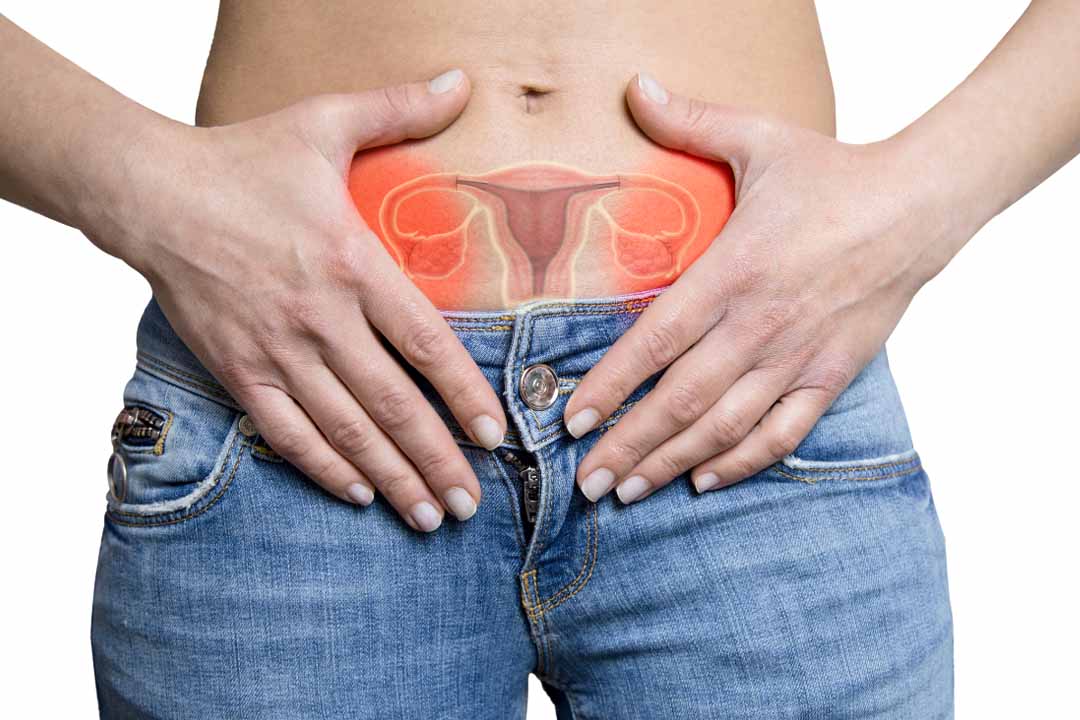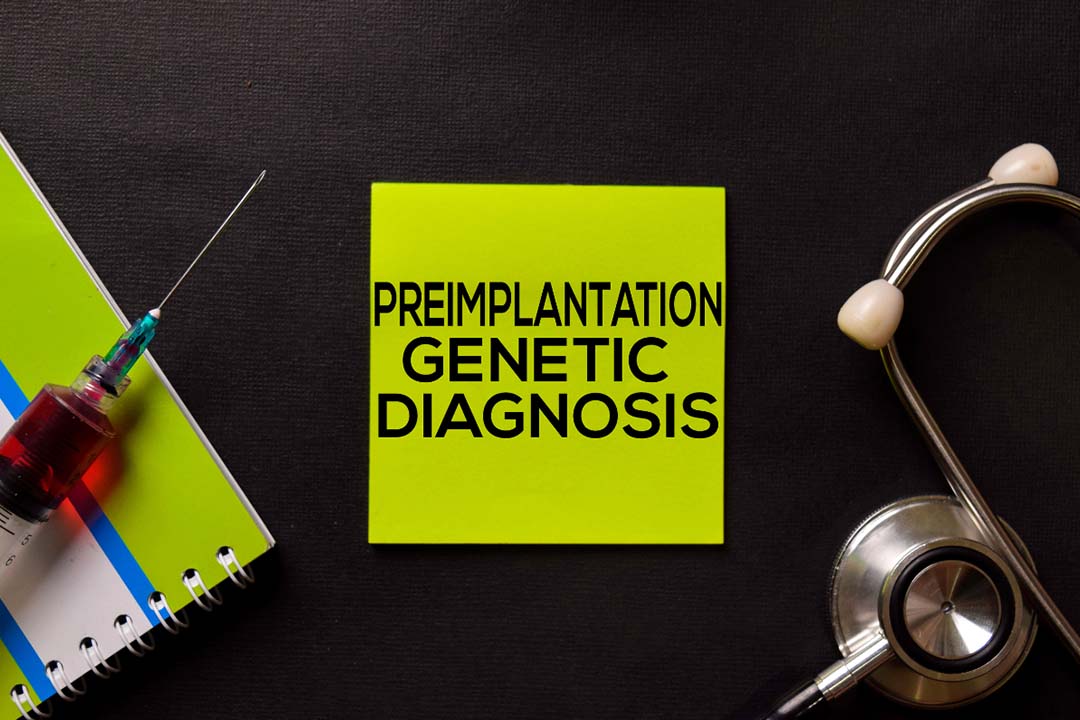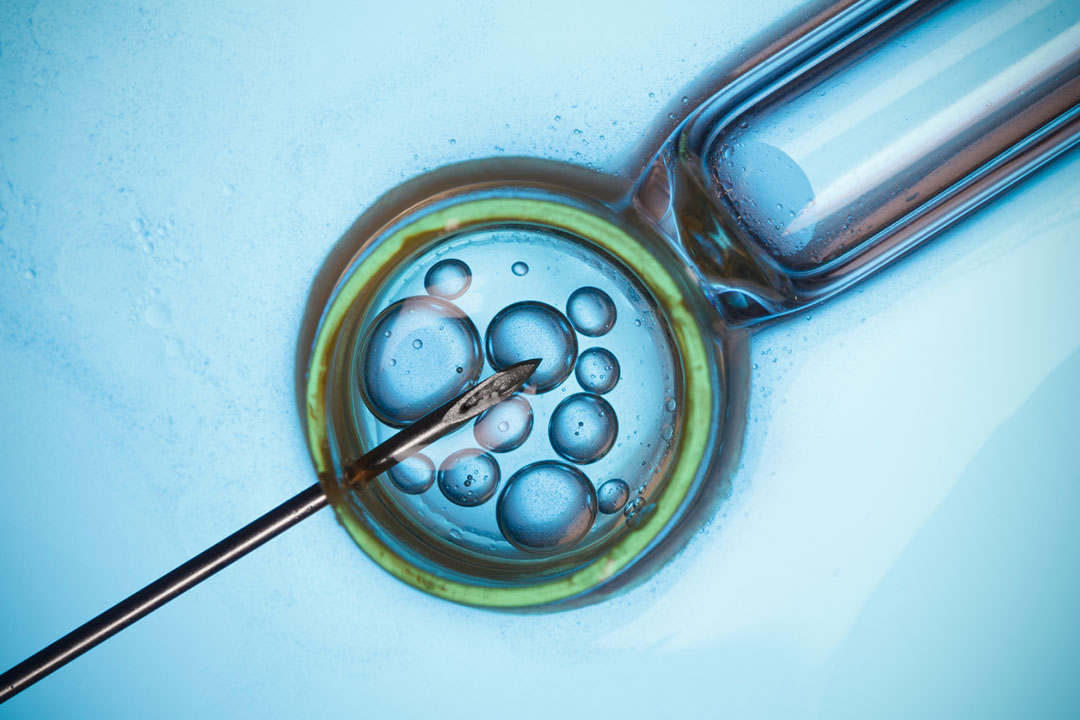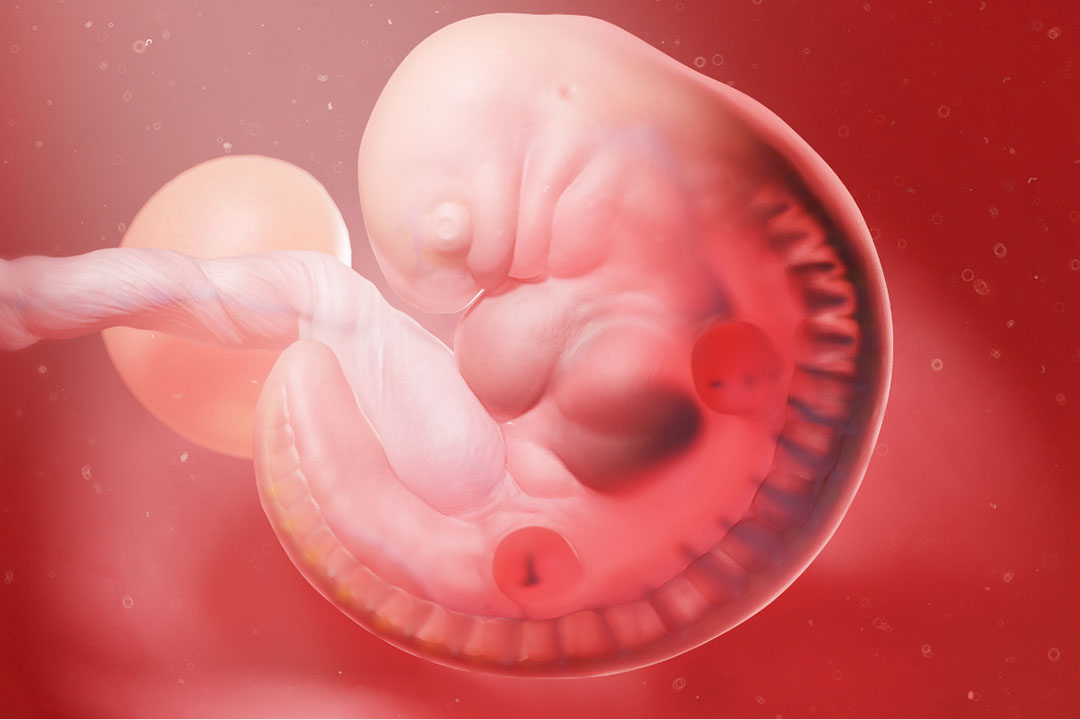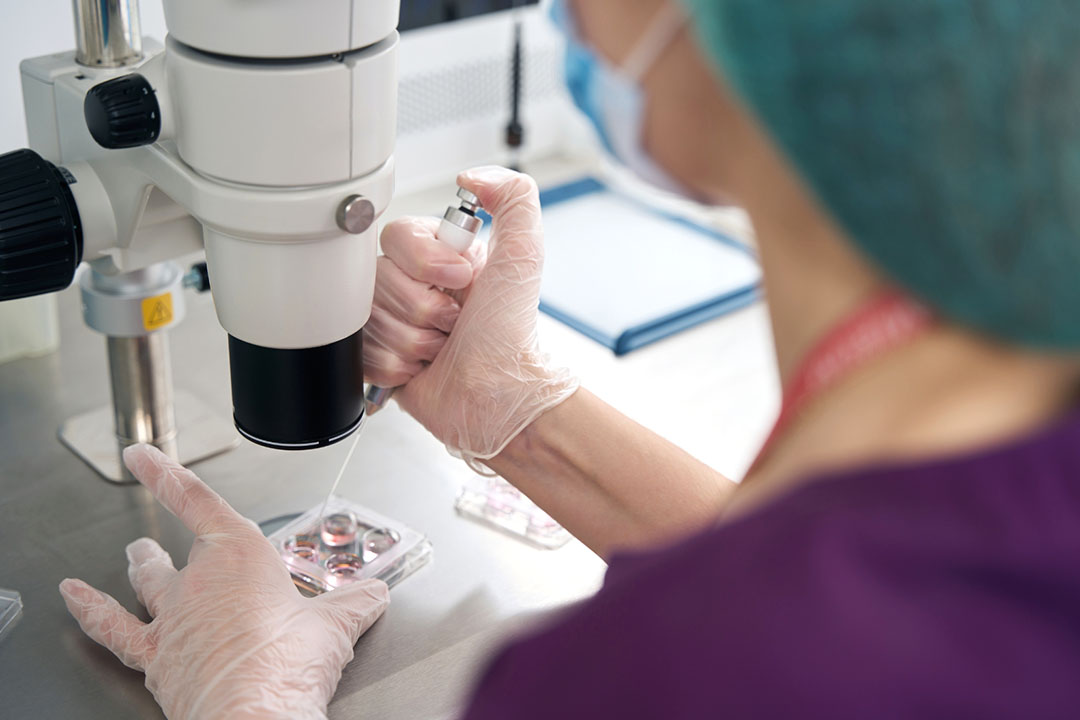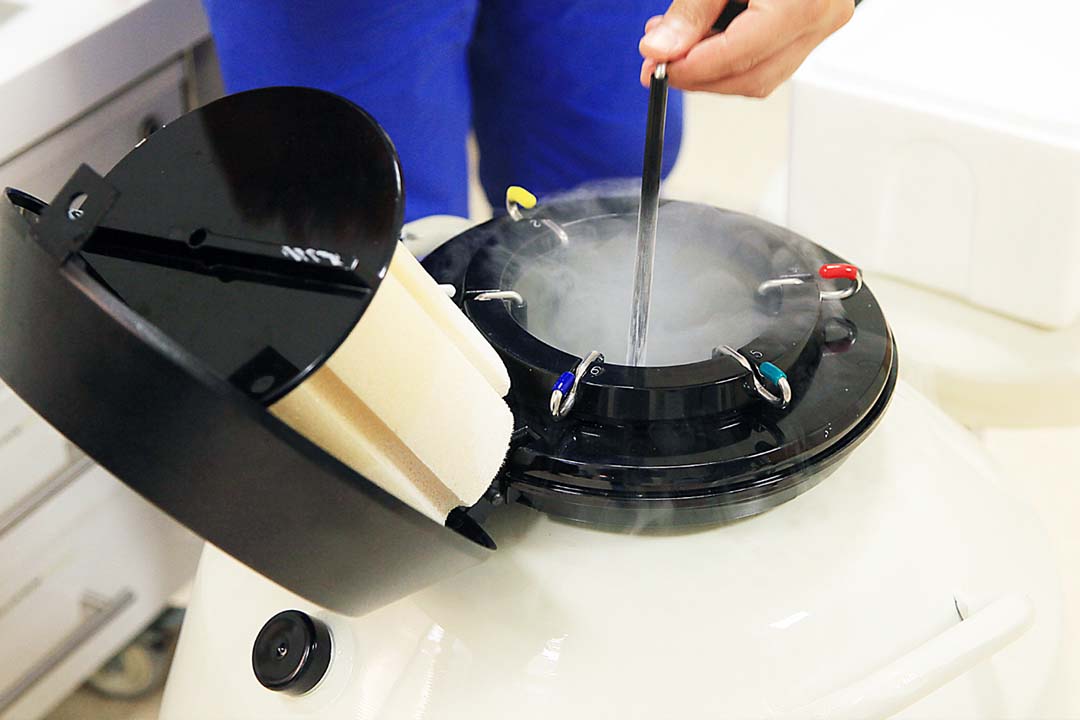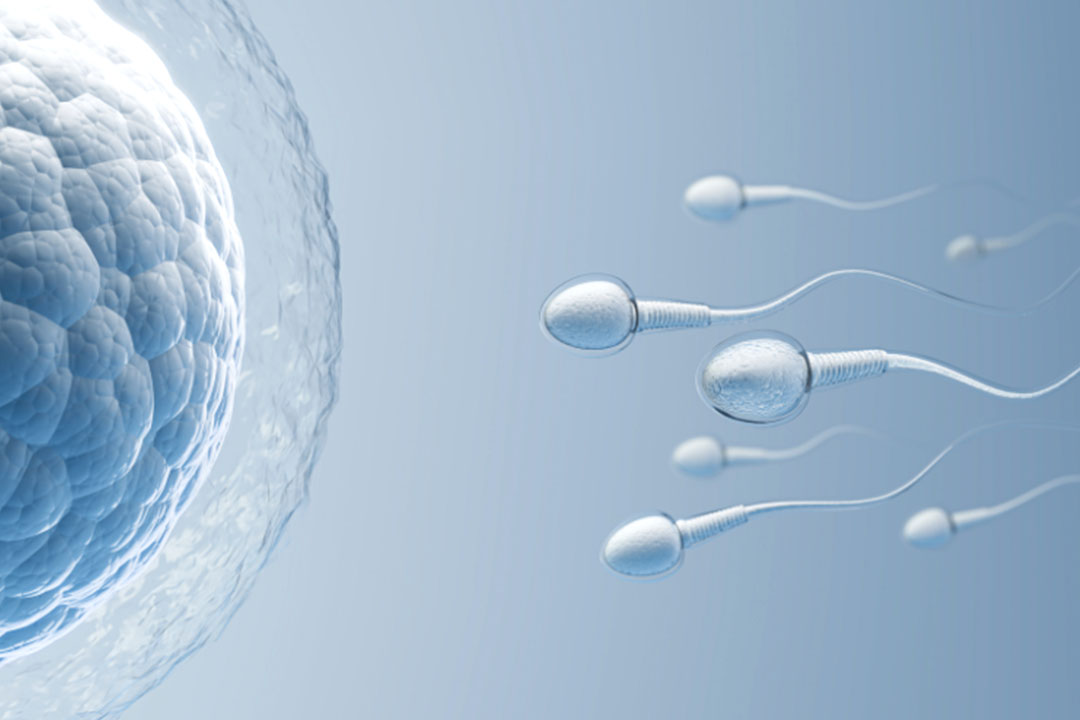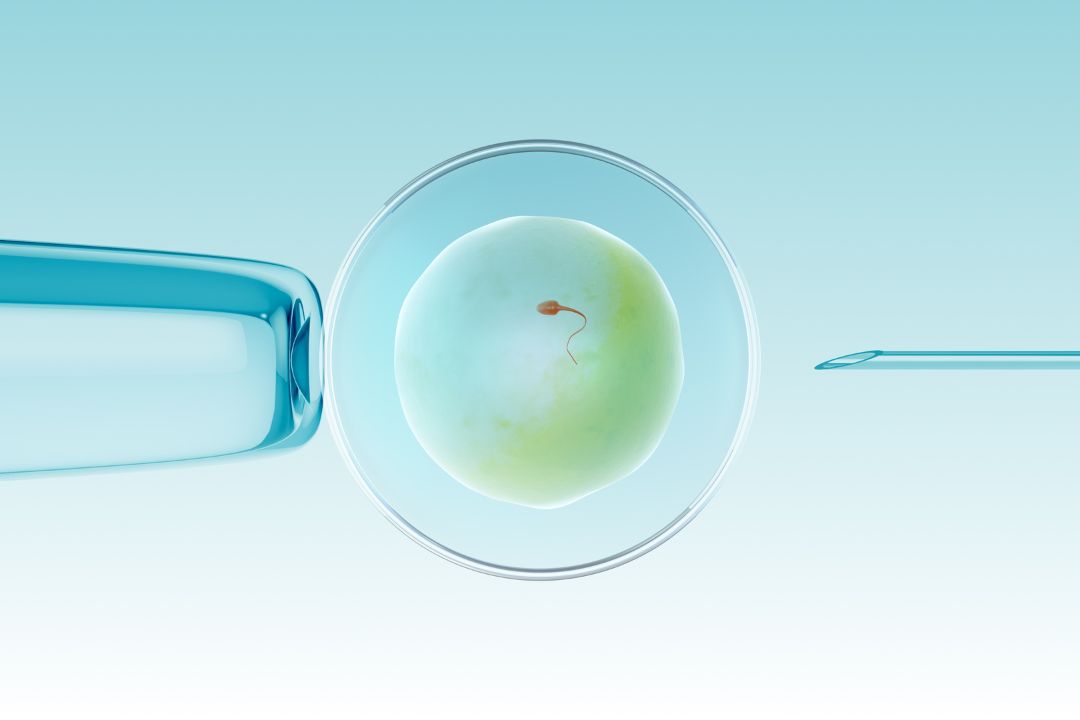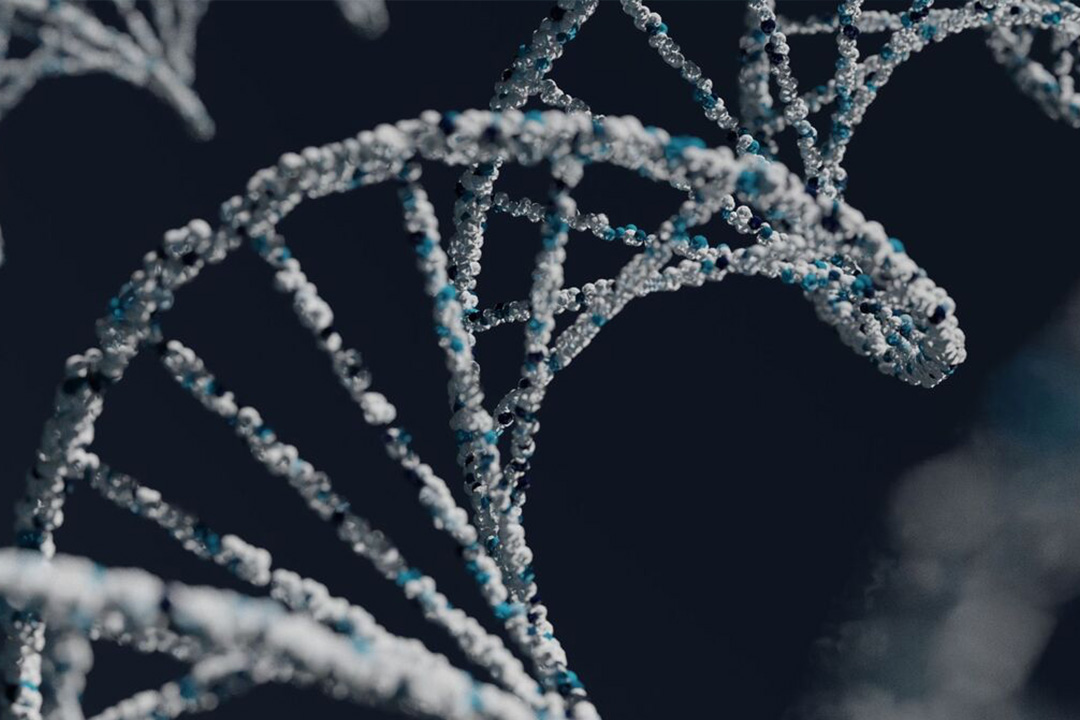PCOS vs. PCOD: Key Differences and Symptoms
PCOD (Polycystic Ovarian Disease) and PCOS (Polycystic Ovary Syndrome) are two common hormonal disorders which affects millions of women across the world.
In both these conditions the ovaries are affected and this results in the formation of cysts due to hormonal imbalances.
Although there are similarities, PCOD and PCOS differ in terms of their causes, symptoms, and long-term health effects.
It is important to understand the differences between PCOD and PCOS for a proper treatment and to avoid the possible long-term effects.

What is PCOS?
PolyCystic Ovarian Syndrome (PCOS), is a metabolic disorder which occurs during the reproductive years in females due to hormonal imbalance.
When a person has PCOS, many small sacs filled with fluid develop along the outer edge of the ovary. These sacs are called as cysts. These fluid-filled cysts contain immature eggs which are called follicles. The follicles fail to regularly release eggs and thereby leading the woman to miss her periods.
During PCOS, the female produces excessive amounts of androgens-a male hormone. PCOS is more dangerous than PCOD.
What is PCOD?
PolyCystic Ovarian Disorder (PCOS), similar to PCOS is a condition which occurs in women of reproductive age as well. It is a very common condition such that atleast 1 in every 10 women has PCOD.
Even in this condition, there is development of immature or partially immature eggs produced. But based on the severity, PCOD is lesser than PCOS.
Are PCOS and PCOD the Same?
Many people get confused between PCOS and PCOD and in so many situation’s people use these terms interchangeably. But these two conditions although have similar symptoms, are not the same.
PCOS is a condition that affects the entire hormonal system of the body and not just the ovaries. It can lead to problems with metabolism, insulin levels, and as well as the heart health. It is not just having cysts in the ovaries but a condition which affects the whole body.
Unlike PCOS, PCOD is caused by a hormonal imbalance which affects the ovaries. It leads to problems with the release of eggs. This can result in the formation of cysts. However, it doesn't affect other systems of the body.
Comparing PCOD and PCOS
PCOD mainly affects the ovaries, where there is production of immature or partially mature eggs which leads to the development of cysts. PCOD can often be managed with lifestyle changes.
Unlike this, PCOS is a more serious condition which affects the entire endocrine system, leading to irregular menstrual cycles, fertility issues, and metabolic problems such as insulin resistance.
PCOS requires more planned treatment due to its effect on the overall health, including risks of diabetes and heart issues. Although PCOS and PCOD are similar in nature, they have some major differences which are noted down below,
Definition
condition where the ovaries produce excessive male hormones, which leads to multiple cysts due to release of immature eggs. PCOS is a more severe condition which affects the entire endocrine system. There is presence of cysts as well as an impact of the metabolism of the body.
Occurrence
PCOD is a condition which affects for about one-third of women across the world, which makes the condition common. PCOS on the other hand is less common compared to PCOD.
Fertility
PCOD does not impact the fertility as severely as PCOS. For about 80% of the women with the help of medications can easily conceive. Comparatively, PCOS will majorly affect the fertility due to irregular ovulation. This leads to premature births, miscarriages and other pregnancy complications.
Complications
PCOD being a less severe condition, causes lesser complications on the long run whereas, PCOS on the other hand is associated with Type 2 diabetes, high blood pressure, heart disease, and increased risk of endometrial cancer on long term.
Severity and Treatment
PCOD due to its less severity, can be managed and can even be resolved through proper diet and lifestyle changes.
PCOS being a serious condition, it’s symptoms although can be controlled with medications and making lifestyle changes, is harder to manage than the former.
Hormonal Imbalance
PCOD is a condition wherein the female produces male hormones, but in lesser amount which results in milder and less noticeable symptoms. PCOS on the other hand leads to production of a higher amount of male hormones, this leads to more noticeable and severe symptoms even at a young age.
Metabolic Effects
PCOD is a condition which although is similar to PCOS, does not create any major metabolic issues. Unlike this, PCOS is a metabolic disorder. It has a higher risk of hypertension, diabetes, obesity, and cancers of the uterus and breast.
Symptom Management
The symptoms of PCOD are generally mild to moderate. Therefore, it can be controlled with diet, lifestyle changes, and medications prescribed by the doctor. Whereas, PCOS may have more symptoms and to manage them intensive treatments are to be given to treat the issues of infertility.
What are the Major Differences Between the Symptoms of PCOD and PCOS?
The Symptoms of PCOS and PCOD are very similar to each other and to differentiate whether a person has PCOS or PCOD, an ultrasound scan and a consultation with the gynaecologist is required.
Some of the symptoms of both the conditions is given below,
- Symptoms of PCOD: The symptoms of PCOD being less severe include mild Irregularity in periods, excessive facial, chest, and abdominal hair growth, acne, infertility, ovarian cysts.
- Symptoms of PCOS: The symptoms of PCOS include severe irregular periods majorly, followed by, acne, excessive hair growth, weight gain, darkened skin patches on neck and armpits, infertility, hair loss and excessive amount of male hormone-androgen. Apart from these, PCOS may also show symptoms of metabolic disorders which include, insulin resistance, which makes women prone to developing Type 2 diabetes and high blood pressure.
Is PCOS More Serious Than PCOD and Why?
Since PCOS is a condition which affects the entire endocrine system as well as metabolism it is no doubt more serious of a condition than PCOD.
PCOD can be managed easily with little medications and lifestyle changes whereas PCOS cannot be managed as easily as the former.
One more reason why PCOS is considered serious than PCOD is because of the implications it has on the overall health of the female. Women suffering from PCOS are more prone to have type 2 diabetes due to insulin resistance and heart issues.
Conclusion
Although PCOD and PCOS are both hormonal disorders and involve the ovaries, they differ in severity, symptoms, and long-term health effects.
PCOD mainly affects the egg production and is easily managed with lifestyle changes, while PCOS is a more serious metabolic issue which can lead to complications like diabetes, heart disease, and infertility. Understanding these differences is essential for effective treatment.
If you're looking for expert care in IVF, IUI, male infertility, female infertility and other fertility treatments, AKsigen IVF provides comprehensive and specialized fertility solutions to support your journey to parenthood.
References

About Us
AKsigen IVF is a premier center for advanced fertility treatments, with renowned fertility experts on our team. Specializing in IVF, ICSI, egg freezing, and other cutting-edge reproductive technologies, AKsigen IVF is committed to helping couples achieve their dream of parenthood. With personalized care and a patient-first approach, AKsigen IVF provides comprehensive fertility solutions under one roof.









